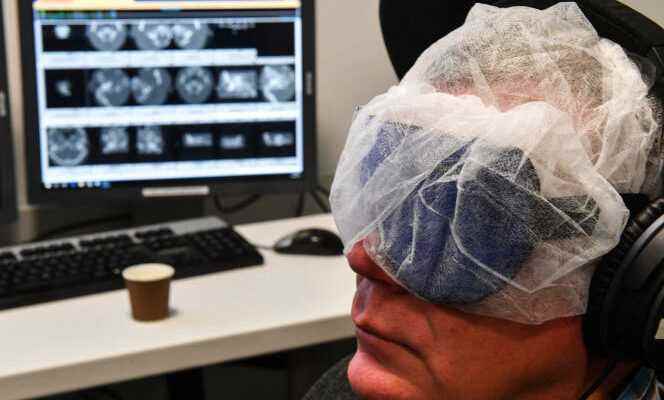Sophrology, kinesiology, hypnosis, auriculotherapy, naturopathy, reflexology… For about fifteen years, the list of what is commonly called “complementary medicine” or “alternative medicine” has been constantly growing, almost resembling a Prévert inventory. A proliferation of practices as diverse as each other which testifies to the enthusiasm of the French for these alternative treatments, yet not recognized scientifically by conventional medicine. They would be nearly 40% to hurry, each year, to these practitioners to relieve their physical or psychic ailments.
A heavy trend that the health crisis has not slowed down. In town, the practices of practitioners offering unconventional care practices – the official term – at prices ranging from several tens to a hundred euros per session have multiplied. Some are sometimes even installed in nursing homes, where they work alongside professionals from the paramedical sector (nurses, orthoptists, dieticians, etc.) or general practitioners or specialists.
If no official figure lists the number of these practitioners who officiate in France, the sector would bring together, according to estimates by the learned society NPI Society (society of non-pharmacological interventions), more than 160 different professions, with which several are associated thousands of distinct treatments, each discipline splitting into multiple branches with varied theoretical foundations.
Plenty of training
Enough to make customers dizzy. This surge in the market, which can also be seen in the profusion of training courses offered by private schools to teach these disciplines, can be explained in particular by the absence of regulation by the public authorities. To the chagrin of doctors, many of whom are worried about this proliferation. Because, unlike health professionals, whose practices are strictly supervised and the effectiveness of treatments scientifically assessed before they are validated by the authorities, alternative medicine practitioners are free to define the care they offer, without having to provide proof of their benefits, provided they respect the consumer code and the rules of trade.
A control campaign carried out by the DGCCRF found an anomaly rate of 66%, two-thirds of which concerned misleading commercial practices
“In practice, this means that anyone can tomorrow put a plaque in front of their door and improvise as a naturopath or sophrologist. Inevitably, this opens the door to scammers eager to take advantage of this lucrative business”notes Professor Bruno Falissard, director of the Center for Research in Epidemiology and Population Health in Villejuif (Val-de-Marne).
You have 42.23% of this article left to read. The following is for subscribers only.
